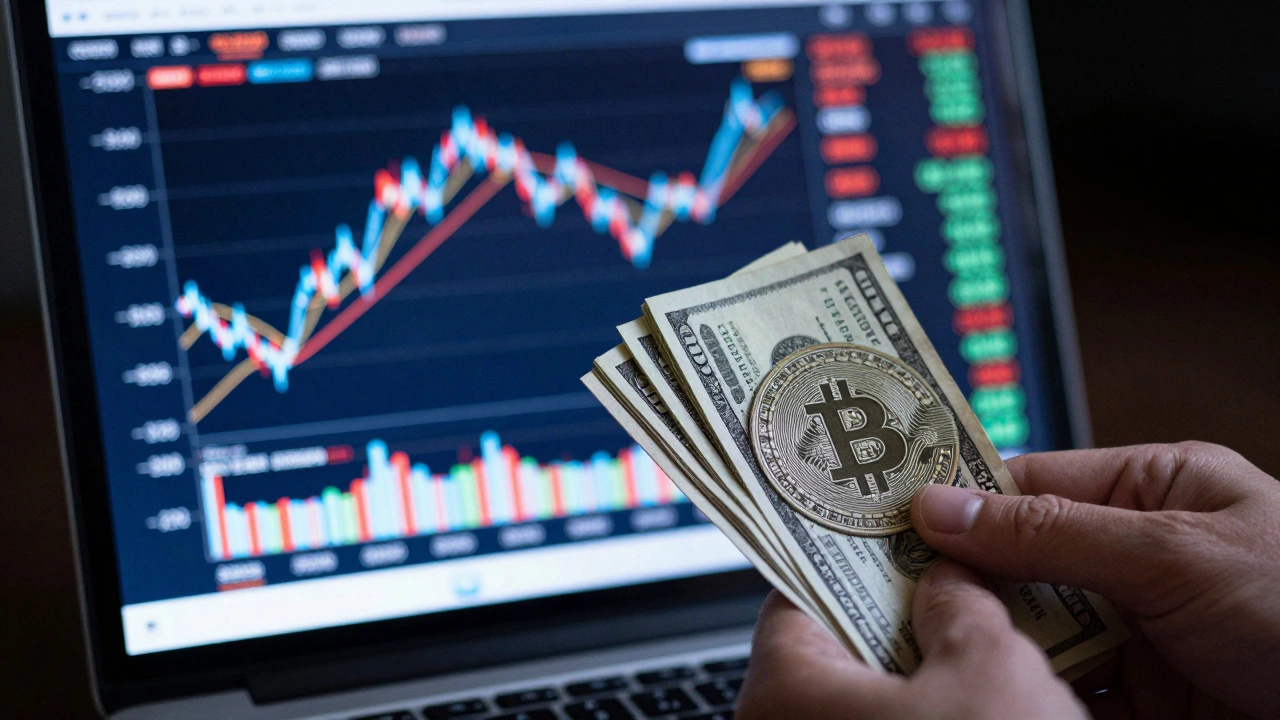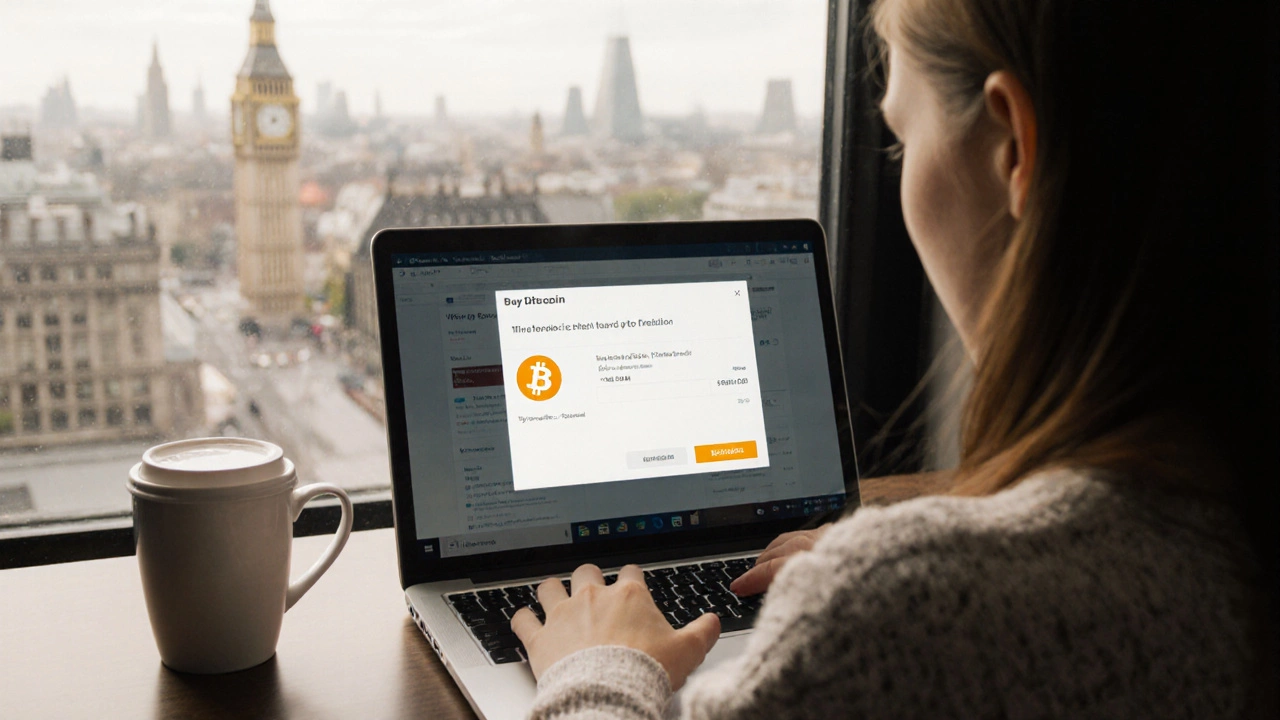Buy Bitcoin: What You Need to Know Before and After the Purchase
When you buy Bitcoin, a digital asset that operates independently of banks and governments. Also known as BTC, it’s not like buying stocks or saving cash—it’s more like owning a piece of code that holds value. People rush to buy it because they’ve heard about the gains, but most never think about what comes next. And that’s where things go wrong.
Buying Bitcoin is just the first step. After that, you need to store it safely, using a digital wallet that keeps your private keys secure. If you leave it on an exchange, you’re trusting someone else with your money—and history shows that’s risky. Then there’s Bitcoin security, the practices that protect your coins from hackers, scams, and mistakes. Most beginners lose coins not because the market crashed, but because they sent them to the wrong address or lost their password.
People also forget that Bitcoin storage, whether it’s a hardware device, a phone app, or a paper printout, isn’t one-size-fits-all. Your choice depends on how much you own, how often you use it, and how tech-savvy you are. And taxes? Yeah, they matter too. In the UK, HMRC treats Bitcoin as property, not currency. That means every trade, sale, or even spending it on coffee could trigger a tax event.
You don’t need to be an expert to get started, but you do need to know the basics. Skip the hype. Avoid the get-rich-quick blogs. Focus on what actually keeps your Bitcoin safe and usable. The posts below cover real situations: how to pick a wallet that won’t fail you, how to avoid the most common scams targeting new owners, what to do when you get your first Bitcoin payment, and why storing it on an exchange is like leaving your front door open.
Some of these guides come from people who lost money the hard way. Others are from those who built their Bitcoin holdings slowly, step by step. Whether you’re thinking about buying your first £50 or planning a bigger move, the advice here isn’t theoretical. It’s what works for real people in the UK right now.
How Much Bitcoin Can You Buy With $1000 in 2026? A Simple Guide

Find out exactly how much Bitcoin $1000 buys today. Learn about price fluctuations, fees, and steps to purchase Bitcoin with $1000 in 2026.
Read More >>Who Gets the Money When You Buy Bitcoin? The Real Players Behind the Transaction

When you buy Bitcoin, the money goes to the seller-not a company or miner. Understand who really benefits and how exchanges, peer-to-peer trades, and mining fit into the picture.
Read More >>